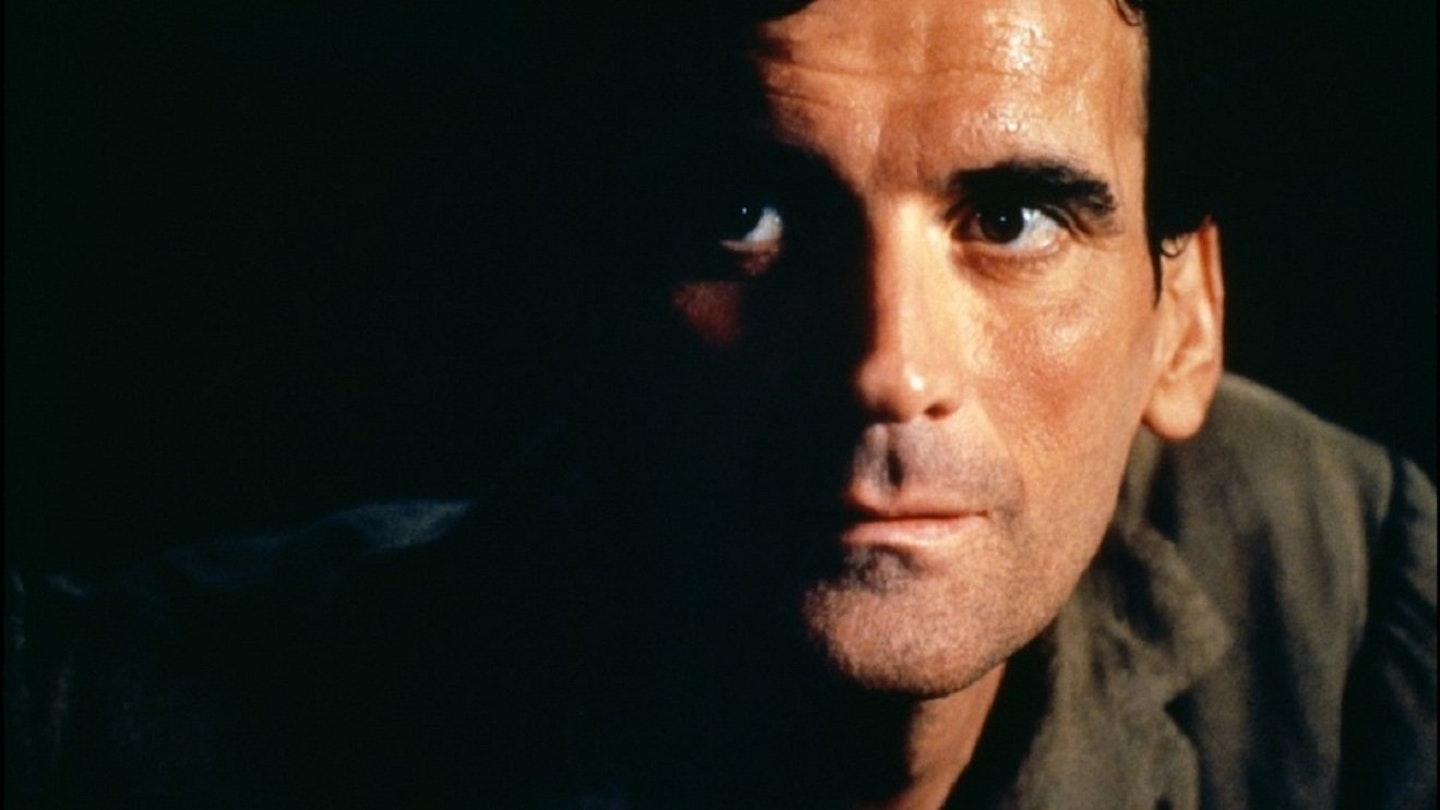For a brief spell on its original cinema release, Il Postino became the foreign language film it was safe to watch. And so it became the hip little movie the chattering classes got all self-congratulatory about, missing the interesting point that it had an English director in Michael Radford, and for all its beguiling, wistful romance, remains a very uncomplicated, you could say simplistic, movie brimming with old-fashioned Hollywood-styled melodrama. Despite its burst of Oscar nominations, this daft heartbreaker’s most sophisticated boast is that it principals are chatting in Italian.
Not that it should be painted as a bad film, it is lovely looking and very sweet, only a one-dimensionally limited one. The central philosophy is that even the most seemingly ordinary man, here Massimo Troisi’s lanky, bumbling postie flitting about this sun-dappled island resting in the Aeolian sea, is extraordinary beneath his humble exterior. All very noble, except he only wants to utilise his newly discovered eloquence of person to woo the fittest girl in the vicinity. Although, to be fair, the eye-popping Maria Grazia Cucinotta is enough to have any man reaching for his York Notes.
Yet, there is an enchanting quality to the relationship developed between Ruoppolo and the old poet Neruda. Phillip Noiret especially gives an easy, touching performance of a great intellect’s attempt to reduce his art to a seductive tool. It’s a witty aside — that poetry’s greatest power could be to get girls in bed. But the film isn’t quite sharp enough to do much with such irony, it concentrates on Ruoppolo’s dreamy, head-in-the-clouds idol worship of this perfect creature, a solid enough performance by Troisi given tragi-romantic overtones by his own death by heart attack on the last day of shooting. A sadness that grants the film more of a legacy than, perhaps, it really deserves.
